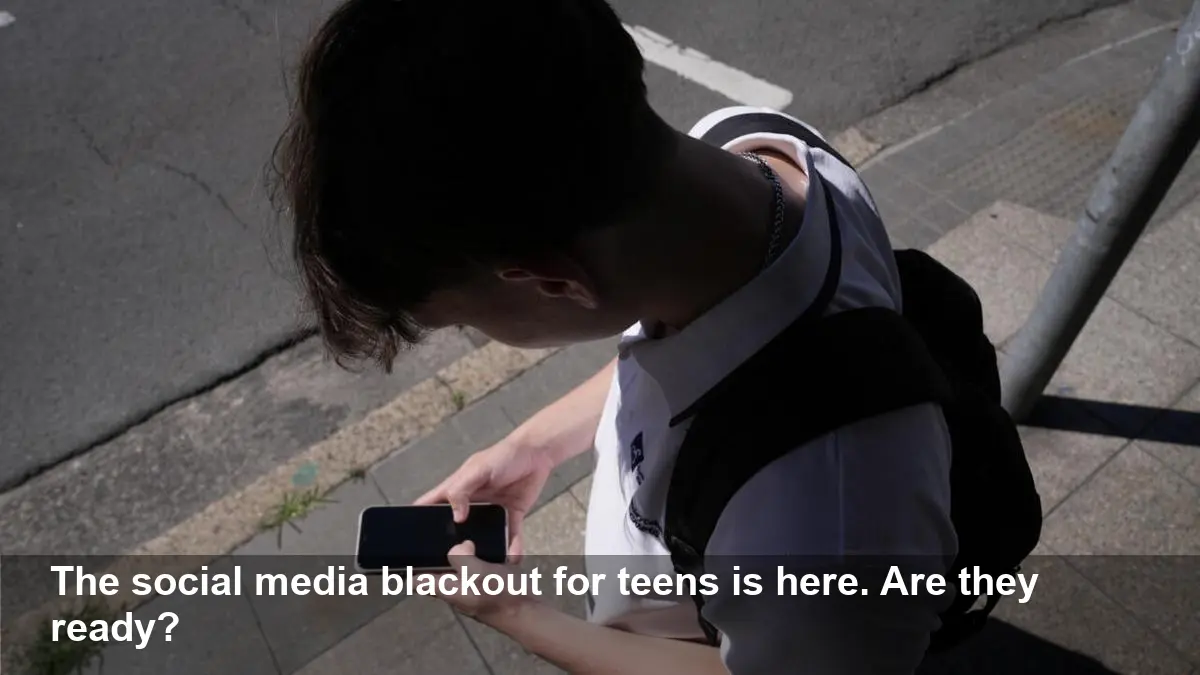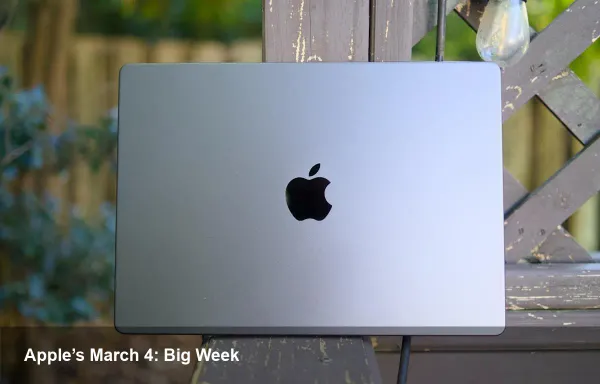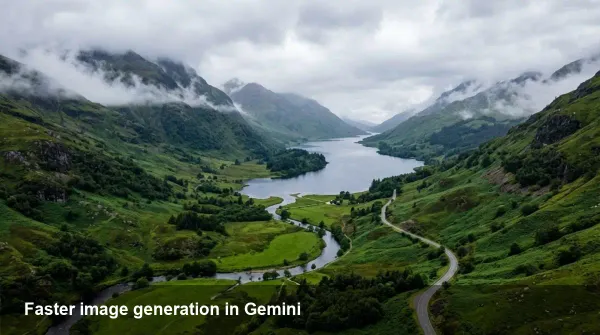Australia's Teen Social Media Ban: The Risks & Flaws

- Australia is set to ban children under 16 from creating social media accounts on major platforms starting December 10.
- Tech giants like Meta, TikTok, and Reddit face fines of up to €28 million for failing to enforce the age restrictions.
- The ban aims to combat a youth mental health crisis, but significant questions remain about its technical enforcement.
- France and Denmark are now considering or implementing similar restrictions, signaling a potential global trend.
Australia's Landmark Social Media Shutdown for Teens
In a bold move to tackle a growing youth mental health crisis, the Australian government is implementing a widespread ban on social media use for children under the age of 16. Starting December 10, platforms will be legally required to prevent underage users from creating accounts or face staggering fines of approximately €28 million.
The restriction targets a host of popular services, including Facebook, Instagram, TikTok, Snapchat, X (formerly Twitter), and YouTube. The government recently expanded this list to include the popular online forum Reddit and the homegrown streaming platform Kick, further tightening the digital barricade around its young citizens.
However, the ban isn't absolute. Apps primarily used for messaging, such as WhatsApp and Messenger, are exempt, as are platforms for gaming, education, or professional networking. While teens under 16 will still be able to view public content on sites like YouTube and Reddit without an account, they will be blocked from commenting, uploading their own content, or engaging with the personalized algorithms that the government argues are a key driver of addiction and mental distress.
The Driving Force: A Youth Mental Health Crisis
The government’s decision is backed by a growing body of research linking excessive social media use to poor mental health outcomes in adolescents. One US study highlighted that teens spending over three hours a day on these platforms faced double the risk of anxiety and depression symptoms.
Marilyn Bromberg, an associate professor at the University of Western Australia, emphasized the negative impact on body image. "Essentially on social media we’ve got a lot of images of the thin ideal... and there is a lot of research in psychology that has found that when people see images of the thin ideal, then it could harm their body image," she stated, noting a potential link to eating disorders.
Communications Minister Anika Wells put the onus on the tech companies, stating, "Online platforms use technology to target children with chilling control. We are merely asking they use that same technology to keep children safe online.”
A France24 report on the landmark bill.
The €28-Million Enforcement Problem
Despite the government's firm stance, the critical question remains: how can this ban be effectively enforced? The legislation prohibits companies from requiring government-issued IDs for age verification, forcing them to find alternative methods.
This is a major hurdle, as a government-commissioned trial of age-detection technology revealed significant flaws. The facial age estimation software tested had "above acceptable levels" of false rejections for 16 and 17-year-olds, meaning legitimate users would be locked out.
A Growing Global Movement
Australia's controversial policy is already inspiring other nations. A French parliamentary committee has recommended a full ban for children under 15 and a "digital curfew" for older teens. Similarly, Denmark announced its own ban for users under 15, citing the need to protect children from "harmful content and commercial interests." This growing consensus suggests Australia's experiment could be the start of a global regulatory crackdown on big tech's influence over children.





